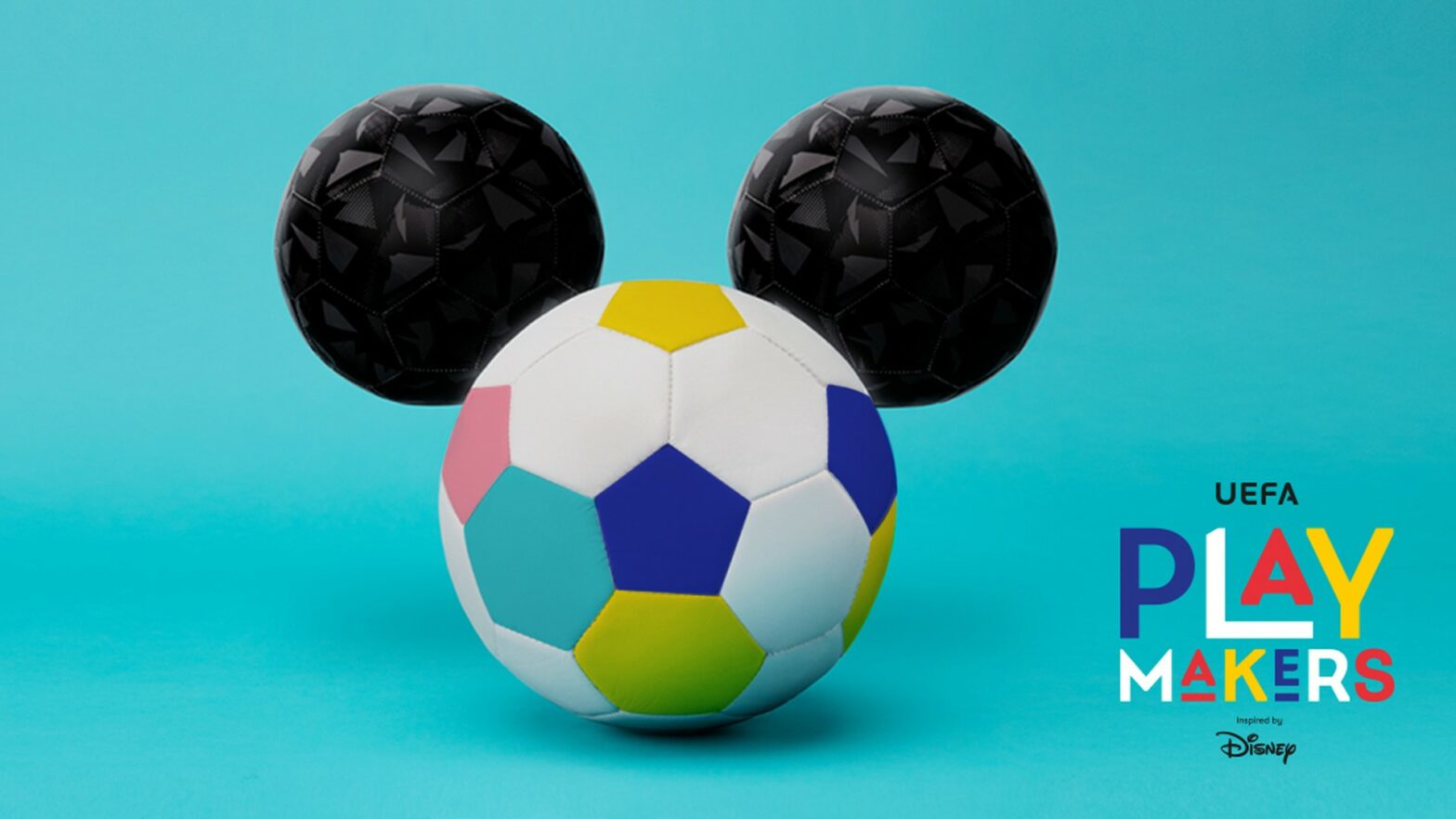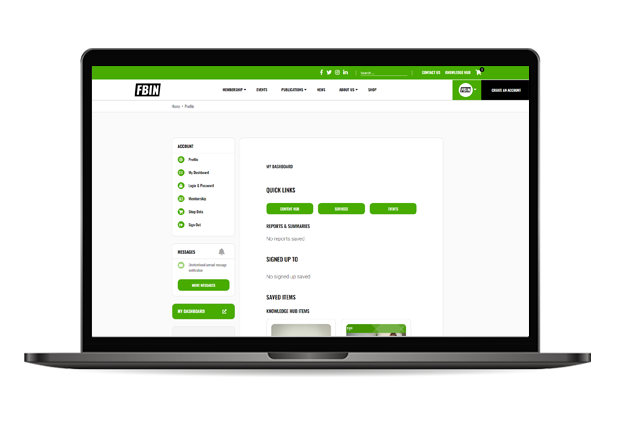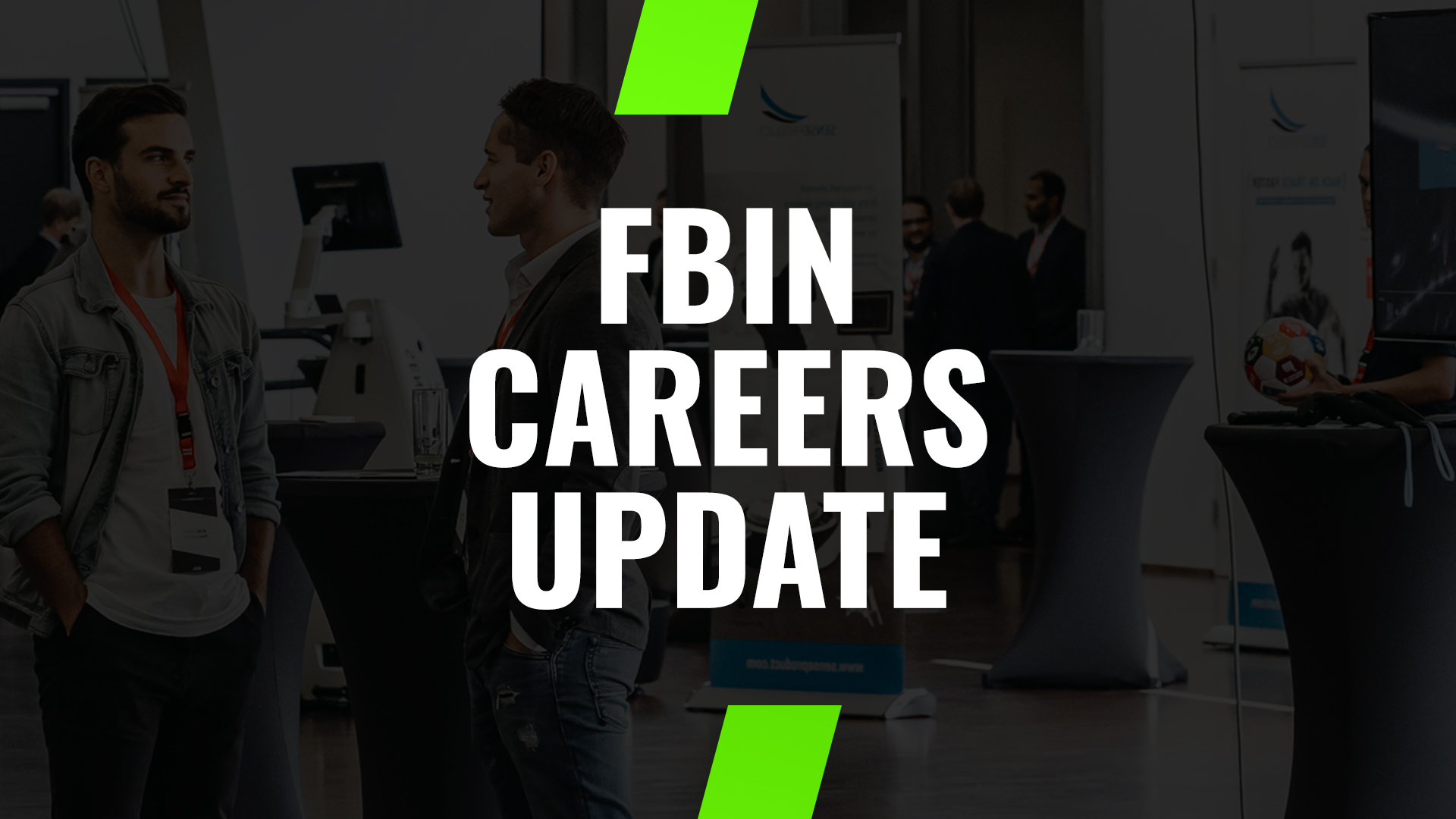

This article is only accessible for our members. Would you like to start a 3 day trial of the FBIN+ subscription?
With an FBIN+ Subscription you can access all our content and selected research publications.
Start your free FBIN+ trial →
Tell us about your experience with FBIN+ trial

Preview Job Title
Make it Premium!
Premium jobs stick on top of the job board and are visibly highlighted. Each Premium job is sent out to all users registered on the FBIN platform and published as Featured Job of the week on FBIN’s Linkedin profile as well as included the FBIN newsletter.
Price: 150 Euro excl. VAT

 Upgrade to Premium Now
Upgrade to Premium Now





